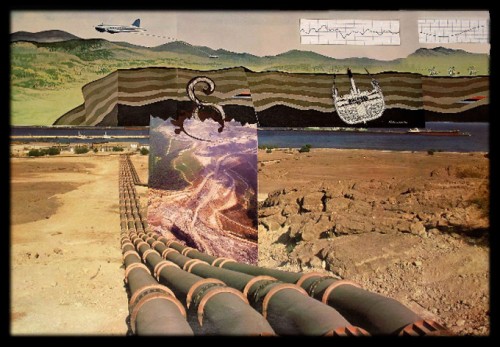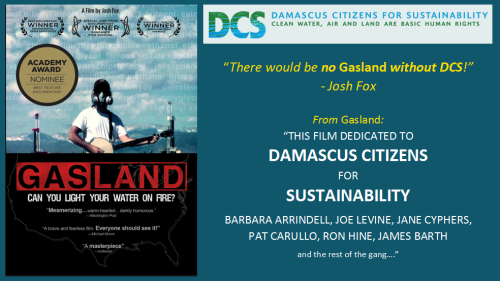Small Emission Sources Could Mean Big Pollution, But No One’s Counting
January 18, 2014Fracking is Depleting Water Supplies in America's Driest Areas
February 8, 2014By Ruth Hardinger and Barbara Arrindell, Creative Time Reports, January 21, 2014
More information on Barbara Arrindell
More information on Ruth Hardinger
The gas and oil industry would like to craft a wholesome image of natural gas as a clean resource and a “nonfossil” fuel. Neither of these characterizations is accurate. Yes, gas does burn with a nice blue flame at the end user’s stove. However, getting that gas to the stove is seriously contaminating our air and water. This is because pumping it in means using high-volume, slick-water hydraulic fracturing, or fracking. Unbeknownst to many, the process has profound health and environmental impacts. Thanks to aged and faulty infrastructure, often built on the cheap and left unchecked for years, gas inevitably leaks on the way from wells to pipelines. Add up all the dangers along the way, and one will soon find that gas has a larger global climate impact than oil or coal. Actual measurements of methane leakage have not been included in the accounting of greenhouse gas levels by the Environmental Protection Agency (EPA). Instead—whether because it lacks the necessary technology to test leak rates or because of political pressure—the agency generally uses emission estimates compiled by the gas industry. As a result, government policies regarding greenhouse gas emissions have been based on false data about the impact of natural gas.
Fossil fuel companies employ elegant advertising and cultivate ignorance as a strategy to support their position that fracked gas is safe and clean. They have succeeded in suppressing information about health conditions brought on by fracking in numerous ways. Gas companies regularly force impacted people to sign nondisclosure agreements as a condition of receiving settlements for damages caused by fracking in their neighborhoods. And for several years the entire industry has been exempted from major portions of protective laws like the Clean Water Act, the Clean Air Act and the Safe Drinking Water Act, thanks to sections of the 2005 Energy Policy Act that have come to be known as the Halliburton loophole. In effect, the exemptions release companies from liability for damages that their executives knew their operations would cause.




